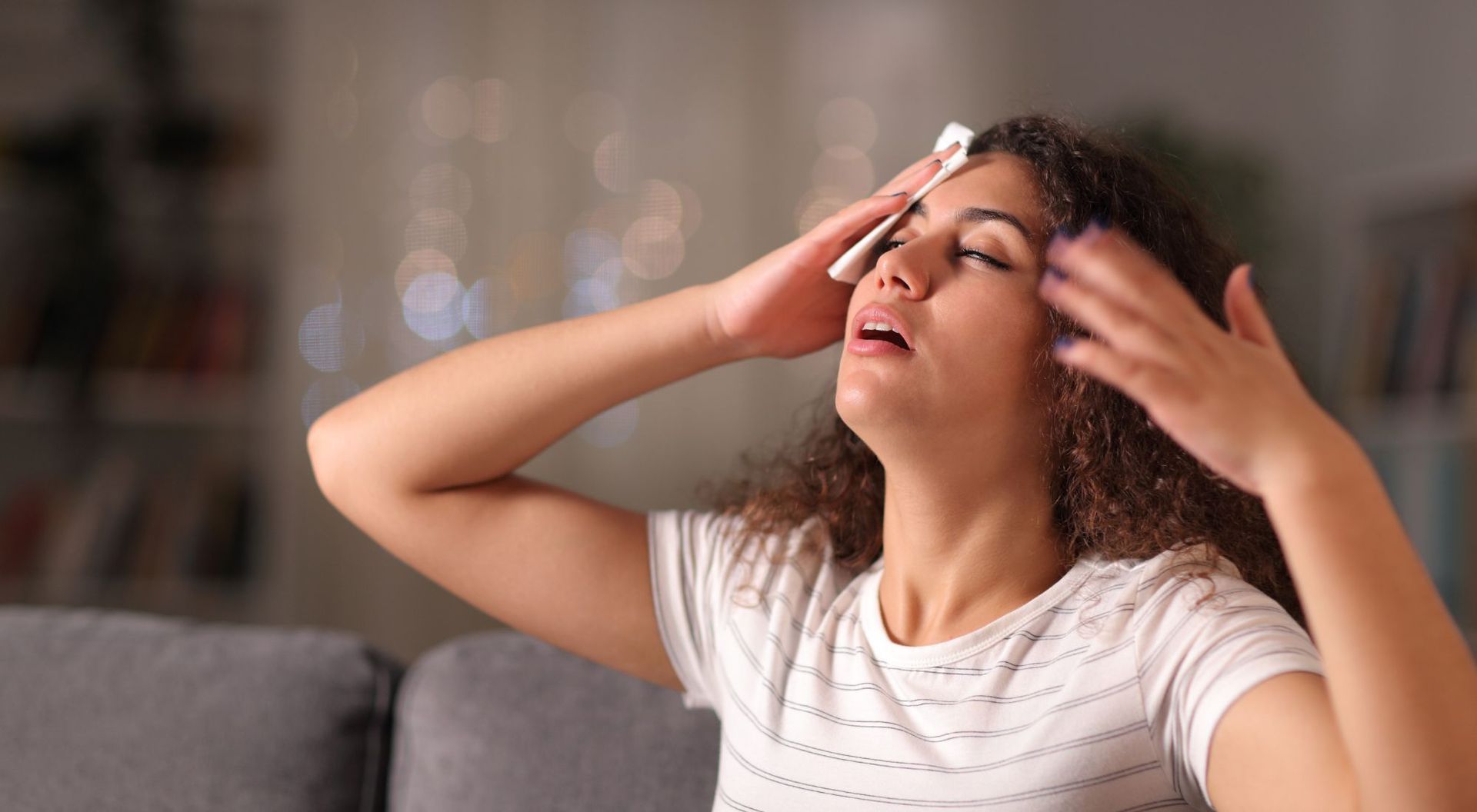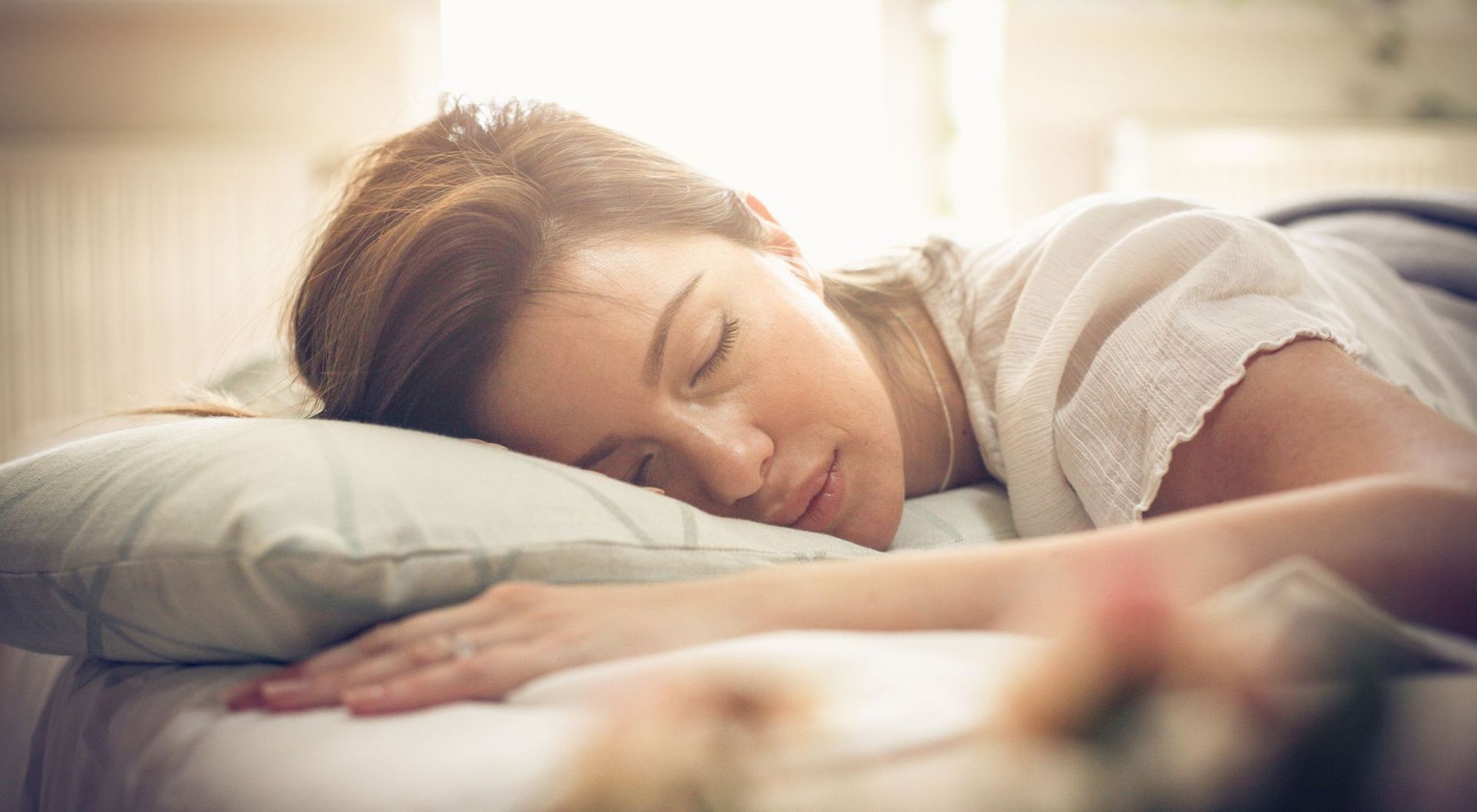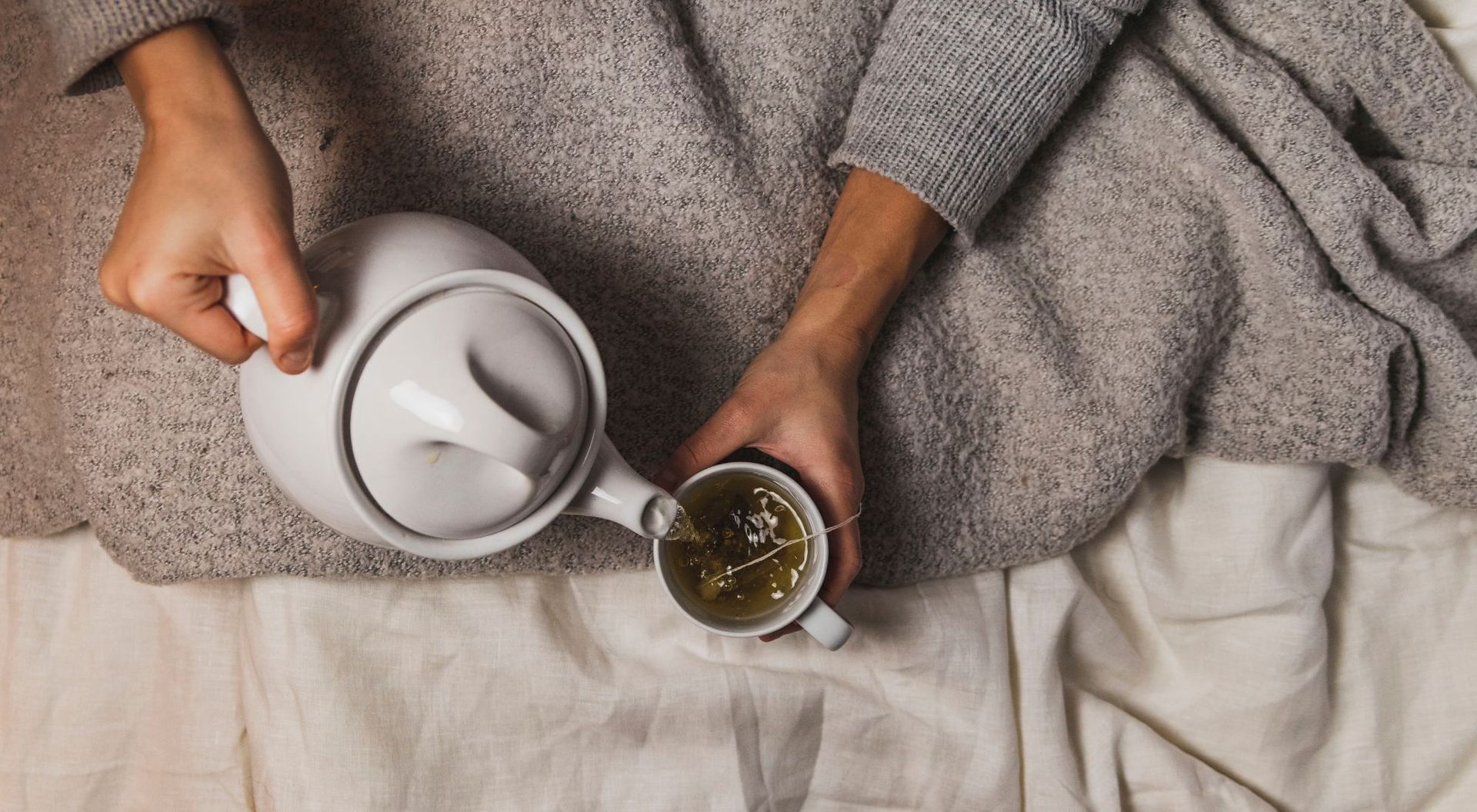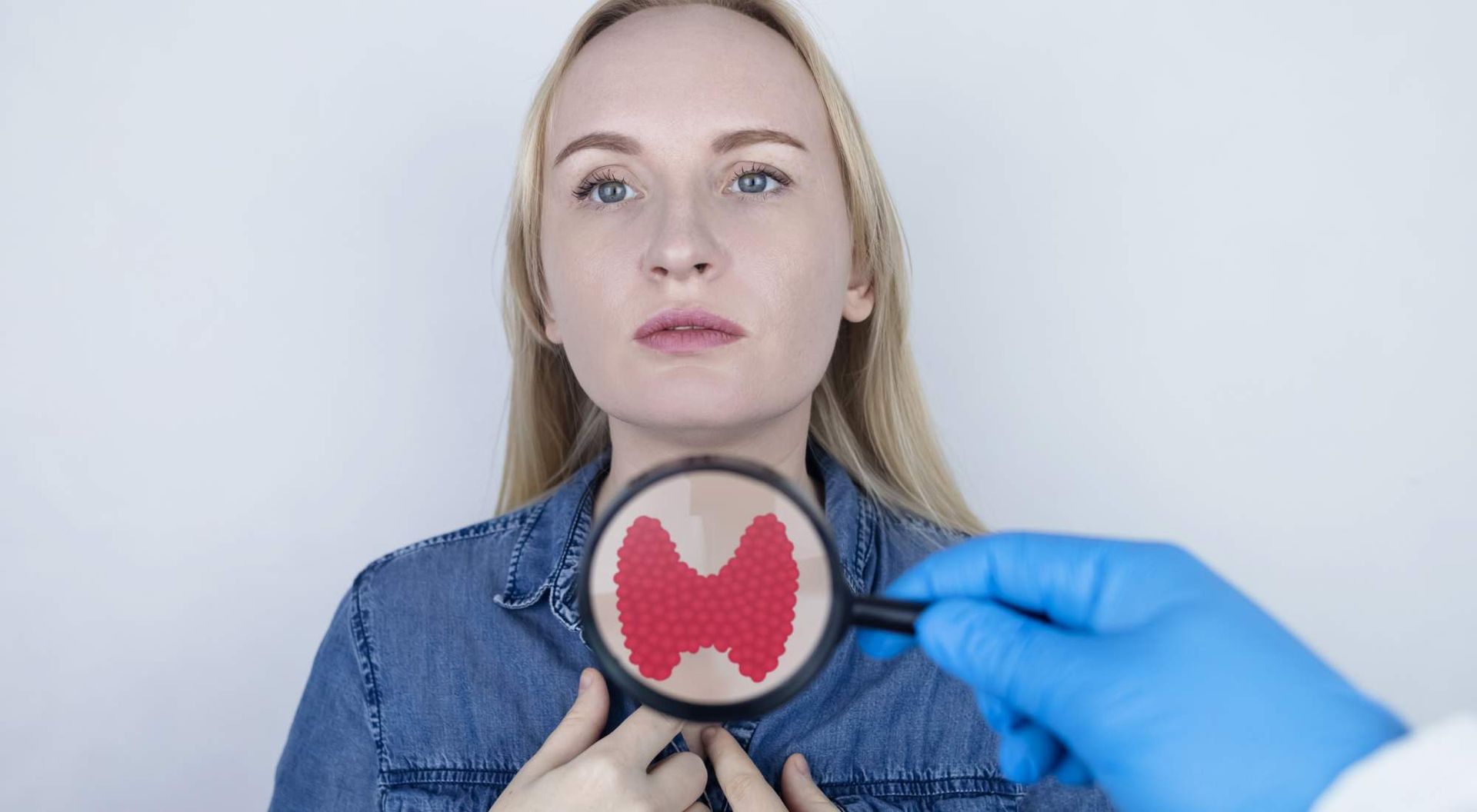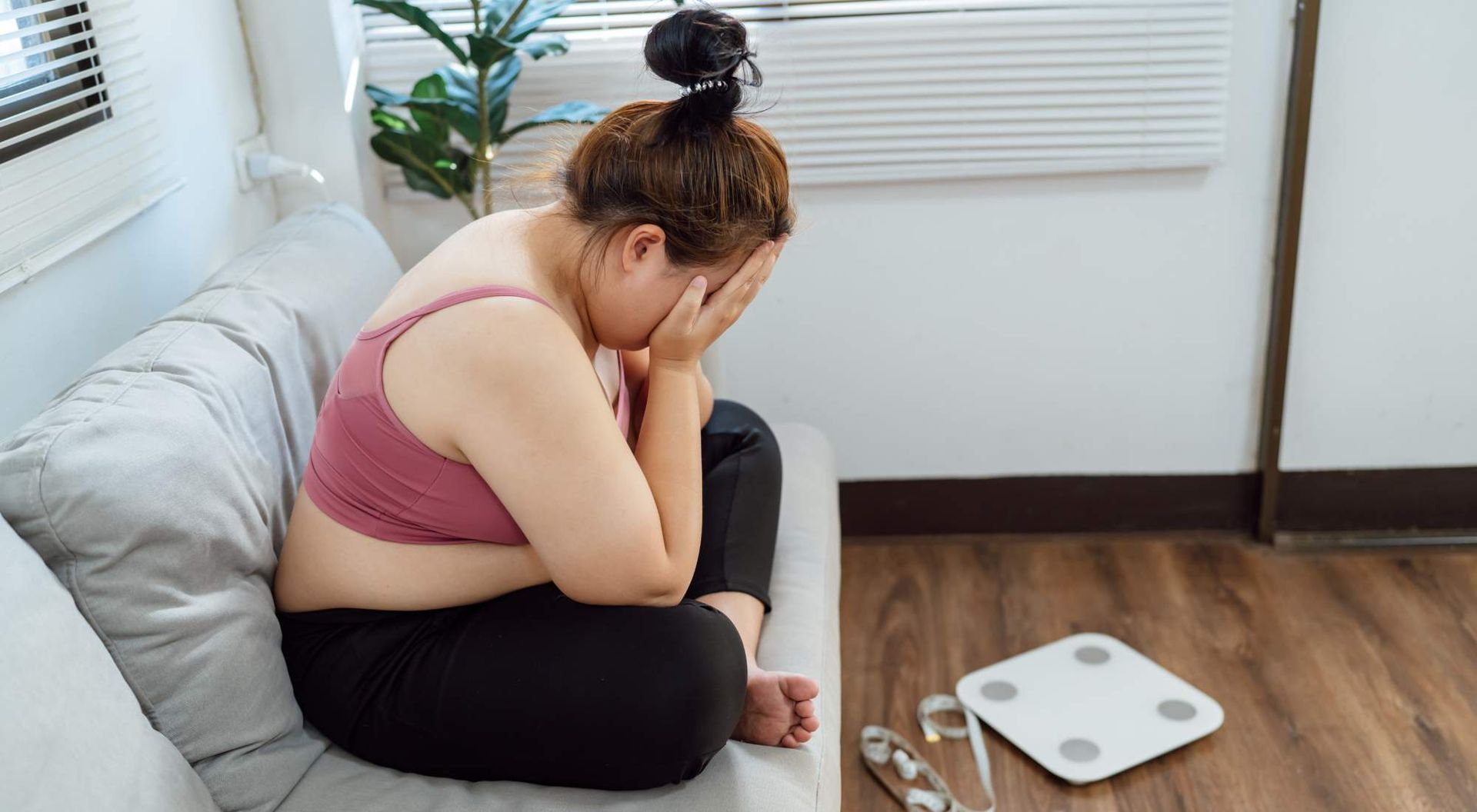Sweating Too Much at Night? Learn Why It’s Happening & What You Can Do To Prevent It
"The content below is not intended to be a substitute for professional medical advice, diagnosis, or treatment. Always seek the advice of your physician or other qualified health provider with any questions you may have regarding a medical condition."
You settle in for a cozy night of slumber, ready to relax and get some rest. As you drift off, the cares of your day melt away.
Then a few hours later, you wake up with a start. You’re boiling hot, you’ve thrown off the covers, and your pajamas are soaked with sweat.
If this happens to you frequently, you must find yourself asking, “Why do I sweat at night so much?”
It’s an annoying problem to have. With severe sweating, you may have to get out of bed to change your clothing or sheets. Not only that, but night sweats can seriously interfere with your sleep patterns and prevent you from getting the rest you need.
We’d like to help you get to the bottom of possible causes for your night sweats, plus we’ll give you some practical tips on how to prevent sweating too much at night.
Table of Contents
- Why Do I Sweat So Much at Night?
- When Should I Be Concerned About Night Sweats?
- 12 Potential Reasons You’re Sweating So Much at Night
- 5 Practical Tips To Prevent Sweating Too Much at Night
- If You’re Concerned You’re Sweating Too Much at Night, HealthierU Can Help You Determine the Cause & Manage the Symptoms
Why Do I Sweat So Much at Night?
Sweating while you’re asleep is pretty common and can affect people of all ages and genders. There is evidence that up to 40% of adults report at least occasional night sweats to their doctors.
There are many reasons you may keep sweating so much at night, including …
- Medical
- Environmental; and
- Lifestyle
… factors. We’ll address the specific reasons in detail later.
Night sweats are often harmless, but there are times when they may cause concern.
When Should I Be Concerned About Night Sweats?
You should be concerned about sweating so much at night when these incidents:
- Happen regularly
- Interrupt your sleep
- Start months or years after menopause symptoms have ended
- Are accompanied by symptoms such as:
- Fever
- Weight loss
- Cough
- Diarrhea; or
- Pain in a specific area
If your night sweats are accompanied by any of the above, you should contact your doctor for medical advice.
12 Potential Reasons You’re Sweating So Much at Night
Why am I sweating so much in my sleep? And could it be caused by something serious?
Let’s look at 12 potential causes of your night sweats. Some are more common, but others may have concerning medical conditions at the root.
So it’s important to narrow down what’s making you sweat too much at night.
6 Common Causes of Night Sweats
#1: Hormonal Changes
When women reach menopause, they often begin to experience night sweats and hot flashes. That’s because there’s a huge drop in estrogen and progesterone levels.
These hormones affect many different systems of the body, one of which is temperature control. So the decrease of estrogen and progesterone means an increase in sweating too much at night.
#2: Stress or Anxiety
If you’re overly stressed, you may often experience sleeplessness as your brain runs through all the things you have to worry about. This overactive mind can also rev up your body’s systems and cause night sweats.
People with
anxiety disorders — which cause them to live in a state of constant fear or worry — may sweat profusely at night because of their overstimulated nervous systems. This also happens to those who are prone to panic attacks.
#3: Your Sleep Environment
We all like to get nice and cozy when it’s time to fall asleep. But if you go to bed in flannel pajamas and get under a big pile of quilts, don’t be surprised when you wake up drenched in sweat.
If your bedding and sleepwear aren’t well-ventilated and don’t allow your skin to breathe properly or you keep your bedroom too warm, it will likely make you sweat too much.
Fortunately, this is an easy one to fix.
#4: Medications
Some medications that affect the parts of your brain that control sweat glands or body temperature.
The types of medication that cause night sweats include:
- Antidepressants
- Asthma inhalers
- Diabetes medication
- Hypertension drugs
- Eye medicine
- Pain medication
- Antibiotics
- And many more
Your doctor may be able to swap your medication for another kind to see if that helps decrease how much you sweat at night.
#5: Dietary Habits
Some foods make the body work harder to process them, causing the core temperature to rise. If you eat them too close to bedtime, you’re putting yourself at risk for night sweats.
These include:
- High-fat foods
- High-protein foods
- Spicy foods
- Chocolate
- Citrus; and
- Tomato-based foods
#6: Hyperhidrosis
Hyperhidrosis is a condition that makes people sweat excessively and uncontrollably for no reason. It’s rare, but it still affects close to 15 million people in the United States alone.
Hyperhidrosis is thought to be hereditary and has no cure, but its symptoms can be managed.
6 More Serious Causes of Night Sweats
#1: Low Blood Sugar
Low blood sugar — often experienced by diabetics — can lead to night sweats as well as many other serious symptoms.
That’s because when blood glucose drops too low, the body responds by making too much adrenaline. This revs up the body and causes too much sweating at night.
#2: Infections
Because your body’s temperature rises as it fights off viruses — like when you’re sick and have a fever — you’re more susceptible to night sweats with some infections.
Common infections that are linked to night sweats include:
- Tuberculosis
- HIV
- Abscesses
- Brucellosis (a bacterial infection with flu-like symptoms)
- Osteomyelitis (inflammation or swelling in the bones)
- Endocarditis (inflammation of the inner lining of heart valves and chambers)
Treating the underlying infection usually leads to the cessation of night sweats.
#3: Neurological Disorders
This is a rarer cause of night sweats, but some neurological conditions cause people to sweat a lot more at night and during the day. These conditions include:
#4: Hyperthyroidism
Hyperthyroidism occurs when your body makes too much of the two main
thyroid hormones.
This may cause night sweats, but
some doctors believe it is also due to the medication — levothyroxine — that those with this condition must take.
#5: Obstructive Sleep Apnea
Many people with obstructive sleep apnea, which occurs when the throat narrows and breathing is restricted while sleeping, report experiencing night sweats.
There is
evidence
that people with OSA who also have night sweats experience a higher level of hypoxemia, meaning there is not enough oxygen in their blood.
This is a serious concern.
#6: Obesity
People who are obese have more body fat, which acts as insulation and traps heat in the body. This can lead to frequent night sweats.
There are also
reports
that obese women may experience more severe symptoms of menopause such as hot flashes and night sweats than women with BMIs in the normal range.
5 Practical Tips To Prevent Sweating Too Much at Night
#1: Turn Down the Temperature
Many studies have concluded that a lower ambient temperature in one's sleeping environment leads to higher quality, more restful sleep.
This is because rooms with lower temperatures help you:
- Fight insomnia
- Increase melatonin levels; and
- Fall asleep faster and sleep more deeply
It also stands to reason that cooler temperatures can help prevent sweating so much at night.
The
ideal temperature for sleeping is said to be between 60-67℉, with 65℉ being the perfect number for most people.
#2: Avoid Caffeine, Alcohol, and Spicy Foods Late at Night
Caffeine is a stimulant, so it causes an increase in nervous system activity and raises body temperature. And even though alcohol is known as a depressant, it can make breathing harder by relaxing the airways and may also increase heart rate. All these things work together to make you more likely to sweat.
Eating spicy foods also raises body temperature, which activates the body’s cooling system and can make you sweat profusely.
If you want to enjoy a little caffeine, alcohol, or spicy food, it’s best to do that earlier in the day so your sleep isn’t disrupted by night sweats.
#3: Incorporate Exercise Into Your Daily Routine
Regular exercise has been shown to reduce the frequency and severity of hot flashes in menopausal women. It enhances the body’s thermoregulatory control systems by:
- Decreasing core body temperatures
- Changing the temperature threshold at which sweating begins; and
- Improving cutaneous vasodilation, which is how the body dissipates heat
You just want to be sure not to exercise too close to bedtime, as this can raise the body’s temperature and negate all those benefits. It can also interfere with your internal clock, making your body think it isn’t time for sleep yet and keeping you awake.
#4: Balance Your Hormones
Hormone imbalances may be due to:
- Allergies
- Dietary issues
- Medical disorders
- Obesity
- And more
The most effective way to balance your hormones depends largely on the cause.
It’s important to talk to your doctor and work out an effective hormone therapy regimen.
#5: Seek Medical Attention
If conventional methods aren’t working to help you stop sweating so much at night, it’s important that you seek medical attention. Most night sweats aren’t caused by life-threatening conditions, but it’s still a good idea to talk to your doctor and get to the root of the cause.
Night sweats can be caused by serious diseases like:
- Cancer
- Hodgkin’s disease
- Heart disease
- And more
If your night sweats aren’t caused by a medical condition, your doctor may recommend oral medication or clinical-strength antiperspirants to help with the issue.
If You’re Concerned You’re Sweating Too Much At Night, HealthierU Can Help You Determine the Cause & Manage the Symptoms
If you don’t want to take medication for your night sweats and are concerned about exposing yourself to the aluminum in antiperspirant, we understand. HealthierU has a goal to identify and permanently eliminate your health-related symptoms using natural remedies.
Dr. Sergi can use Nutrition Response Testing and other means to help find the underlying cause of night sweats and come up with a holistic treatment plan.
As specialists in women’s health, wellness, and nutrition, we can help you with a variety of issues — including night sweats due to hormonal imbalances and other issues.
Contact HealthierU today to get on the path to healing.

